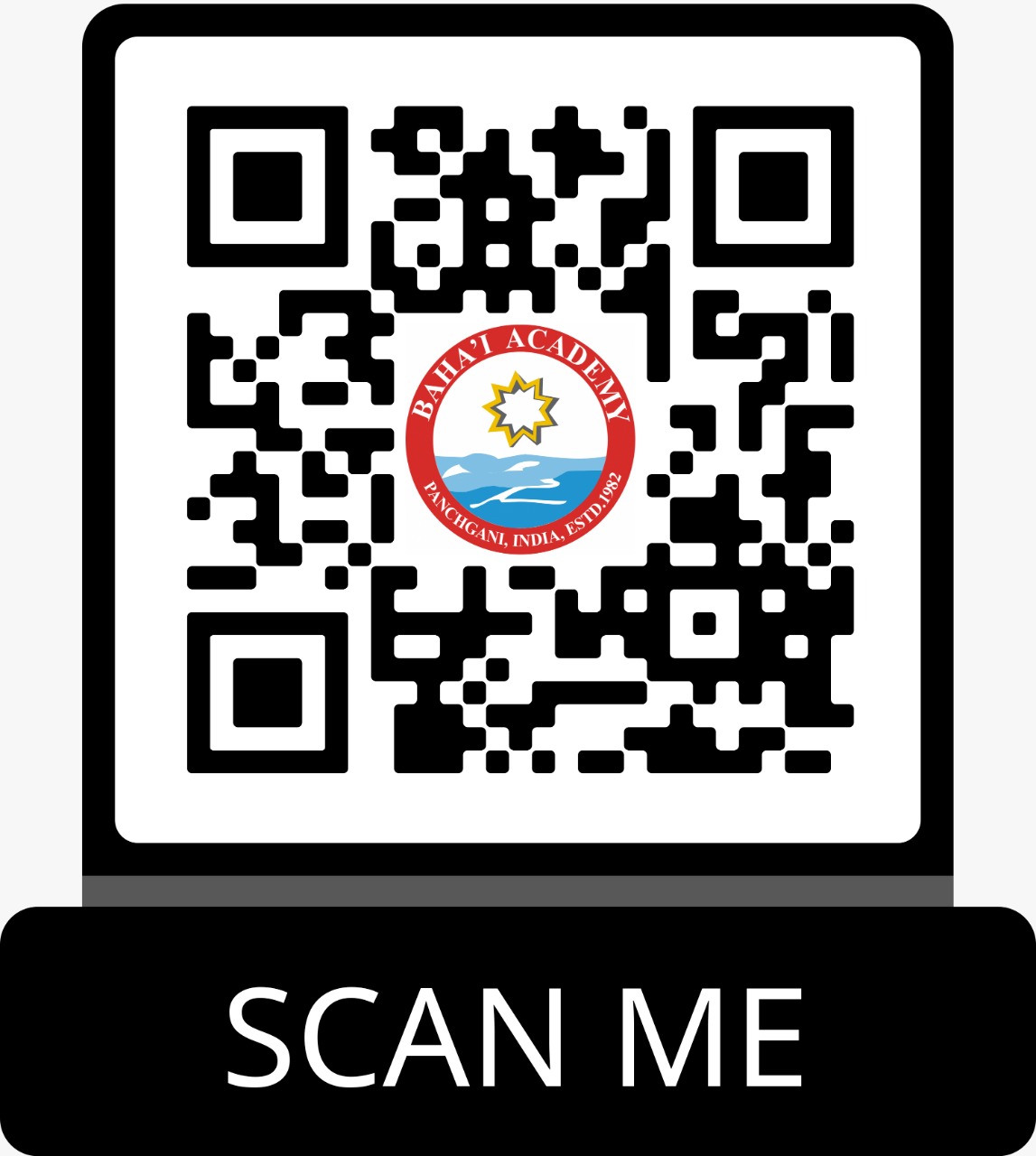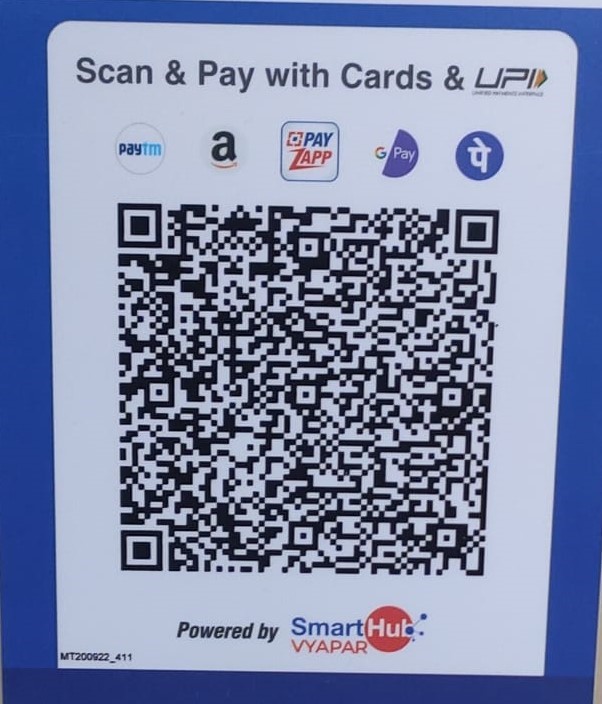| Abilities, Skills and Healthy Attitudes (ASHA) [ C2 ] |
|
A Skill Development Programme for PG Students
Man should be regarded as a mine rich in gems of inestimable value. Education alone can reveal these treasures and enable mankind to benefit therefrom. These gems include capacities, strengths and qualities that each individual is endowed with. The ‘Abilities, Skills and Healthy Attitudes [ASHA]’ course is an endeavor to explore the mine of personal capacity, discover its treasures and develop the individual’s moral capabilities for self-improvement and social advancement.
Target Group:
The ‘Abilities, Skills and Healthy Attitudes [ASHA]’ Course is designed for post graduate Masters’ Degree students.
Rational:
It is observed that a limited percentage of the graduating students across all the disciplines possess adequate skills and abilities or have the right attitudes that are required in their future workplaces where they are expected to perform individually or work in teams. This unfortunate situation renders these graduates non-functional or puts them in the low-performance category of employees. Often the HR of organizations has to devise orientation and training for such newcomers or they have to attend ‘finishing schools’. In this context it is very propitious to provide the PG students the opportunity to develop such abilities, skills and healthy attitudes that enhance their capabilities to become professionals with functional skills and value based approaches.
Why do abilities, skills and healthy attitudes matter?
Teachers and students recognize that the normal university courses fulfill the need for acquiring knowledge, but do not adequately address the abilities, skills and attitudes needed in a graduate’s life to interact with his family, community or work environment. Abilities, skills and attitudes are necessary to build relations, understand one another and work together effectively to bring about change. Most employers say that graduates are lacking in basic skills such as interacting with colleagues of different generations or genders, knowing when to brainstorm possibilities and when to take action, balancing short-term objectives with long-term planning, maintaining a possibility centered mindset, choosing the right form of communication for an intended audience or for preempting or resolving a conflict. Underpinning all of these abilities and skills is consultation in the form of communication skills, teamwork skills and independent/initiative skills, and leadership abilities. Though many of the skills appear to be opposites, graduates need to be adaptable to any situation -- to lead when necessary, to follow when needed, to work together when demanded or work independently when required. In addition, they need to have the desire to continue learning and developing their skills.
What are the most challenging parts in this course?
The most challenging parts of the course involve shifts in attitude without which skill development alone may be a futile exercise. Therefore, this course involves students in meaningful dialogues and demands application of learning in real life. It can be difficult for students today to resist the influence of the negative forces that are so pervasive in the society, to remain firm in their principles, to think independently and creatively, to set their own goals, to find their own true motivation, to cooperate with others and to address the issues of life with clarity and the desire to make a difference. However, skills can be built which facilitate this process.
Duration:
Duration of the Programme is 50 hours of study (contact sessions) and 35 hours of field work.
Medium:
Initially the programme is offered in English only. It will subsequently be available in Marathi too.
What is this course about?
The Course aims at developing the following set of skills, abilities and attitudes among the PG Students:
- 1. Skills:
- a. Personal skills
Understanding who you are, Introspection, making friends /socialization, public speaking, making individual and group presentations, planning and implementing a project, summarizing , skill of facing interviews, performing arts
- b. Communication skills at personal as well as collective levels
Asking questions, responding to questions, active listening, cooperative learning and problem solving, group discussion, report writing
- c. Leadership skills at personal as well as collective levels
Writing a mission statement, setting and achieving goals, decision making, resolving conflict, developing and valuing creativity, action and reflection, critical thinking and analysis, planning a community project
- 2. Attitudes and abilities:
The above-mentioned skills are learnt and practiced in the context of building value-based attitudes, abilities and qualities such as the desire to be a change maker, to have a learning attitude, to be a promoter of gender equality and justice, to be thirsty for knowledge, to be upright and a builder of unity in diversity. Hence the programme integrates personal and leadership skills with intellectual and moral development to attain the two-fold purpose of education:
(a) individual growth and
(b) contributing to the betterment of the world.
Throughout the course the students should expect to develop the following skills through a variety of techniques:
1. Understanding who they are and their role in society using introspection.
2. Empathy and awareness of the capacities of those around including leadership skills
for today’s world which promote gender and cultural equality.
3. Asking better questions to discern truth
4. Having a broad understanding of virtues and principles in order to promote rectitude of
Conduct
5. Envisioning and writing a mission statement for their life
6. Creatively generating options and choices
7. Discerning principles for decision making
8. Evaluation of their choices through critical thinking and analysis
9. Setting and achieving goals with individual initiative
10. Resolving conflict through building consensus, teamwork and fostering initiative in
others with consultation
11. Taking action and reflecting on that action
12. Demonstrating learning through a variety of learning styles, including written, oral,
artistic and dramatic presentation
Where does this course fall in the curriculum?
This course crosses all disciplines and is relevant to all majors. Ultimately, everyone has to be aware of the world around him/her, be able to think and reflect critically, and operate with cultural sensitivity, moral acuity, people skills and decision-making acumen. Students facing the global marketplace and the much larger issues of our time will need to be equipped to make their own opportunities with uprightness in the workplace and in society at large.
Instructional strategy:
Different teaching methods are employed to engage the students, learn the content and develop the skills. These include lecture, individual and group work, cooperative learning and cooperative games, art, projects and presentations.
‘Service Learning Activities’ is the final team project. Here students will have a local project to transmit their newly acquired abilities, skills and human attitudes to the community youth. The ‘Service Learning Activities’ will have 4 stages of preparation, implementation, evaluation and presentation. The community members are involved with all the stages, thus students will also be instrumental in capacity building process at the grassroots level.
Instructional Package:
- Module Moral Capabilities: Fundamental
- Course Guidebook for developing skills, learning activities and assignments
- Module Service Learning Activities
- Students’ online support system that will include students’ blog, spoken tutorials, videos, useful links and articles.
Assessment and evaluation pattern:
Comprehensive Continuous Evaluation is built into the course through active participation in the class, completing learning activities, submitting assignments and the assessment of the Service Learning Activities. Class discussions, group projects, opportunities for student’s self-reflection, and end-of-course presentations provide a broad base for assessment. There will not be any examination. Grades are from ‘O’ to ‘E’
Certification:
On successful completion of the Programme participants will receive certificates and transcripts issued jointly by the Academy and the collaborating institution.
| Course Type : | Offline |
| Duration : | To be announced |
| Fee : | To be announced |




